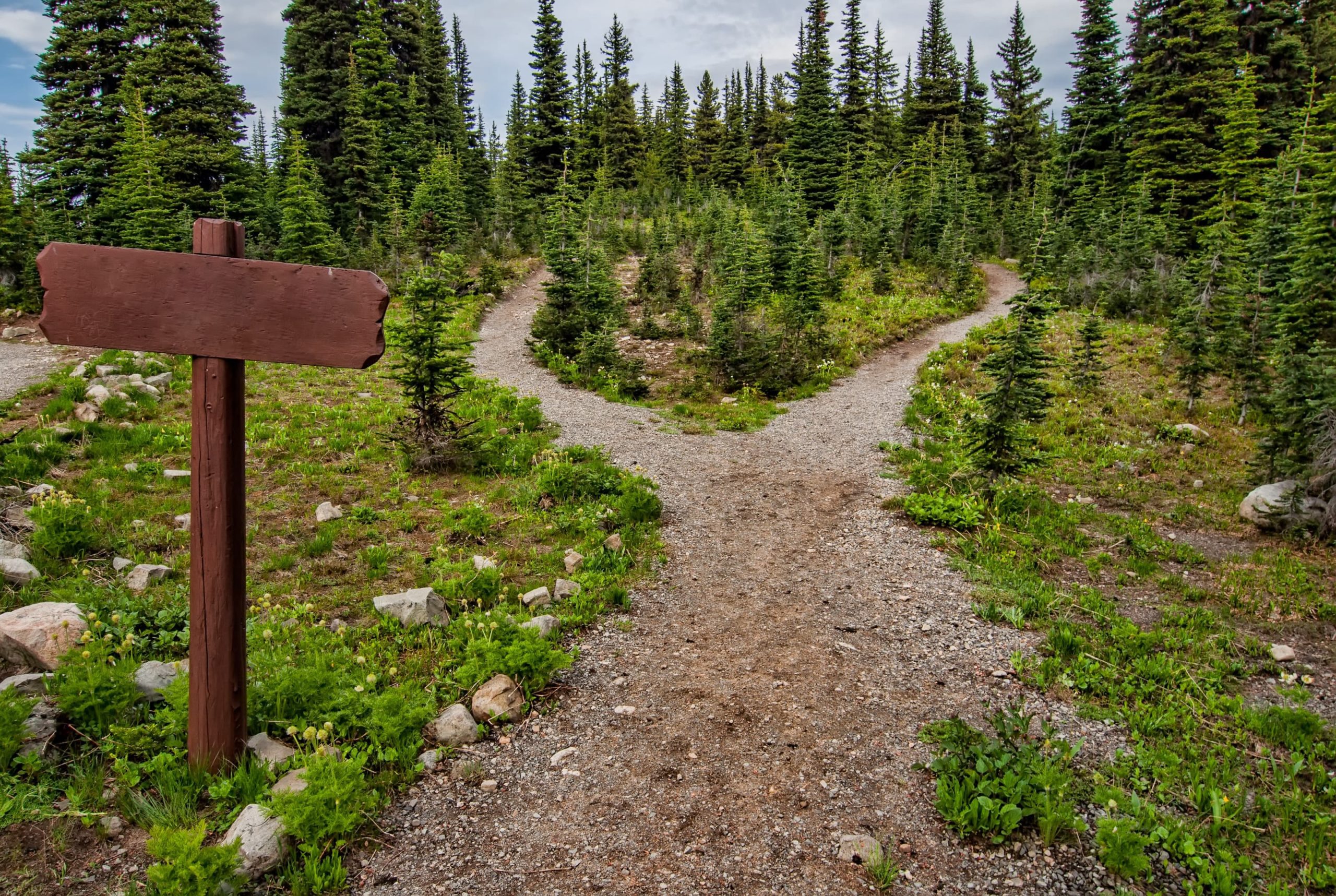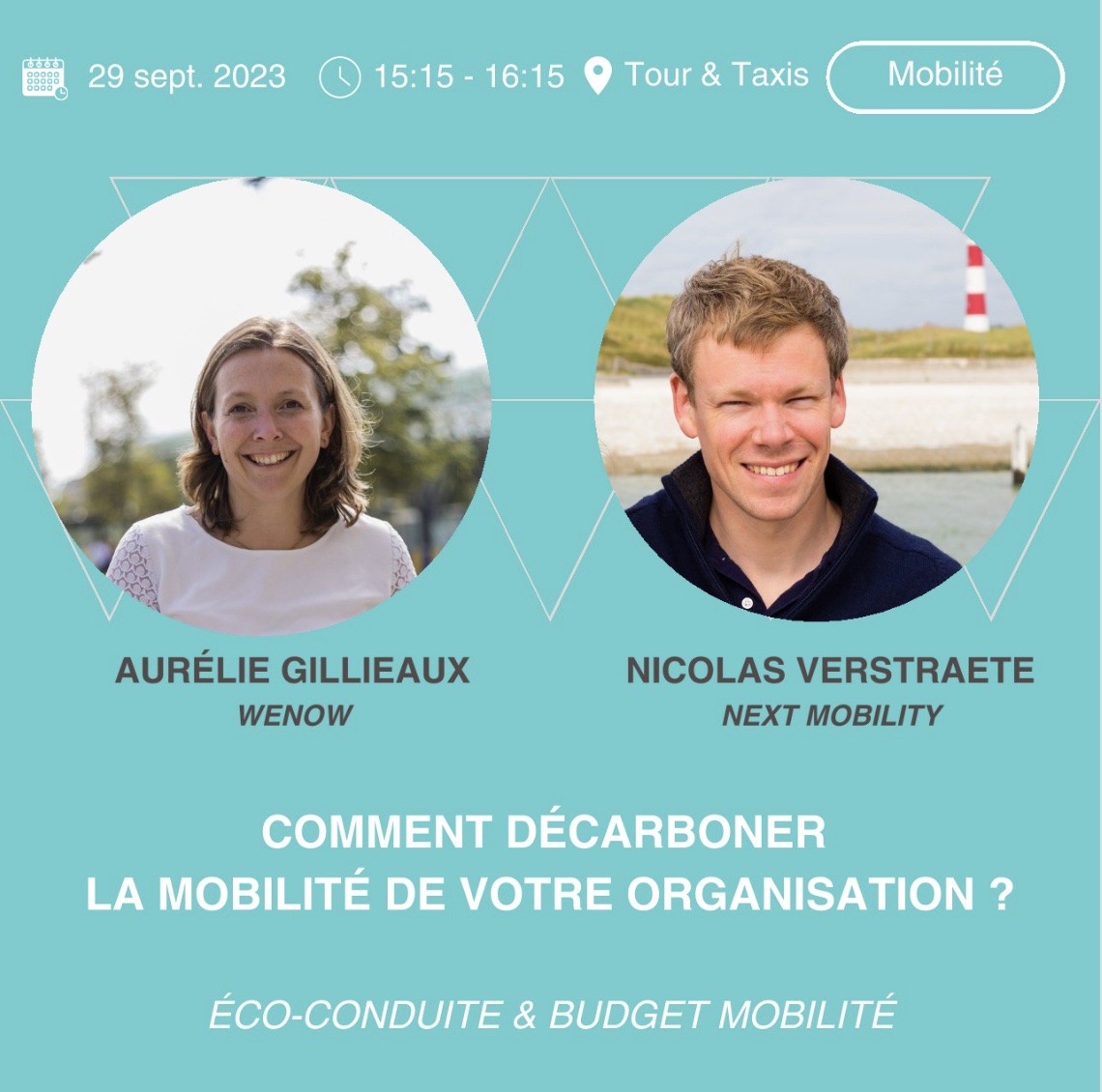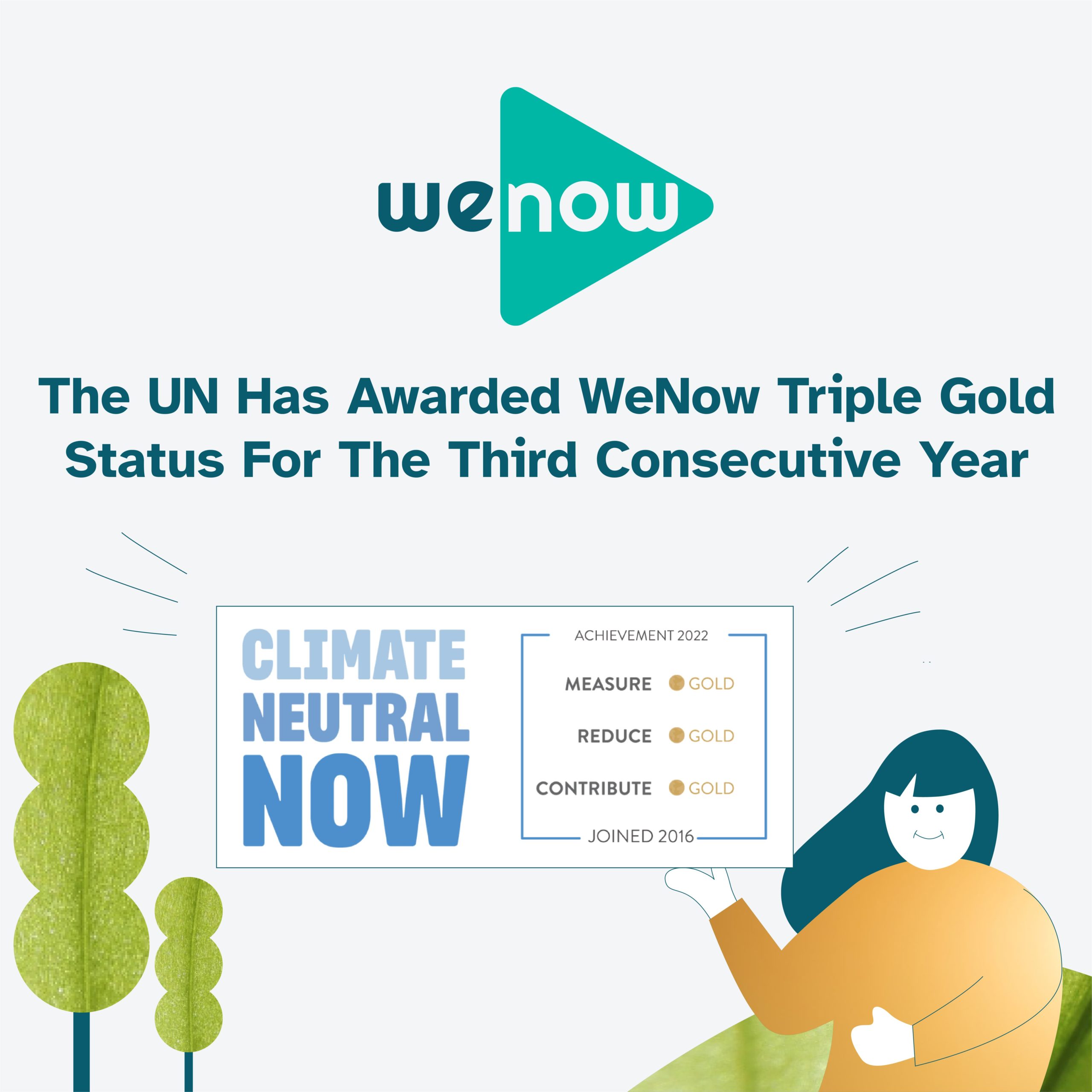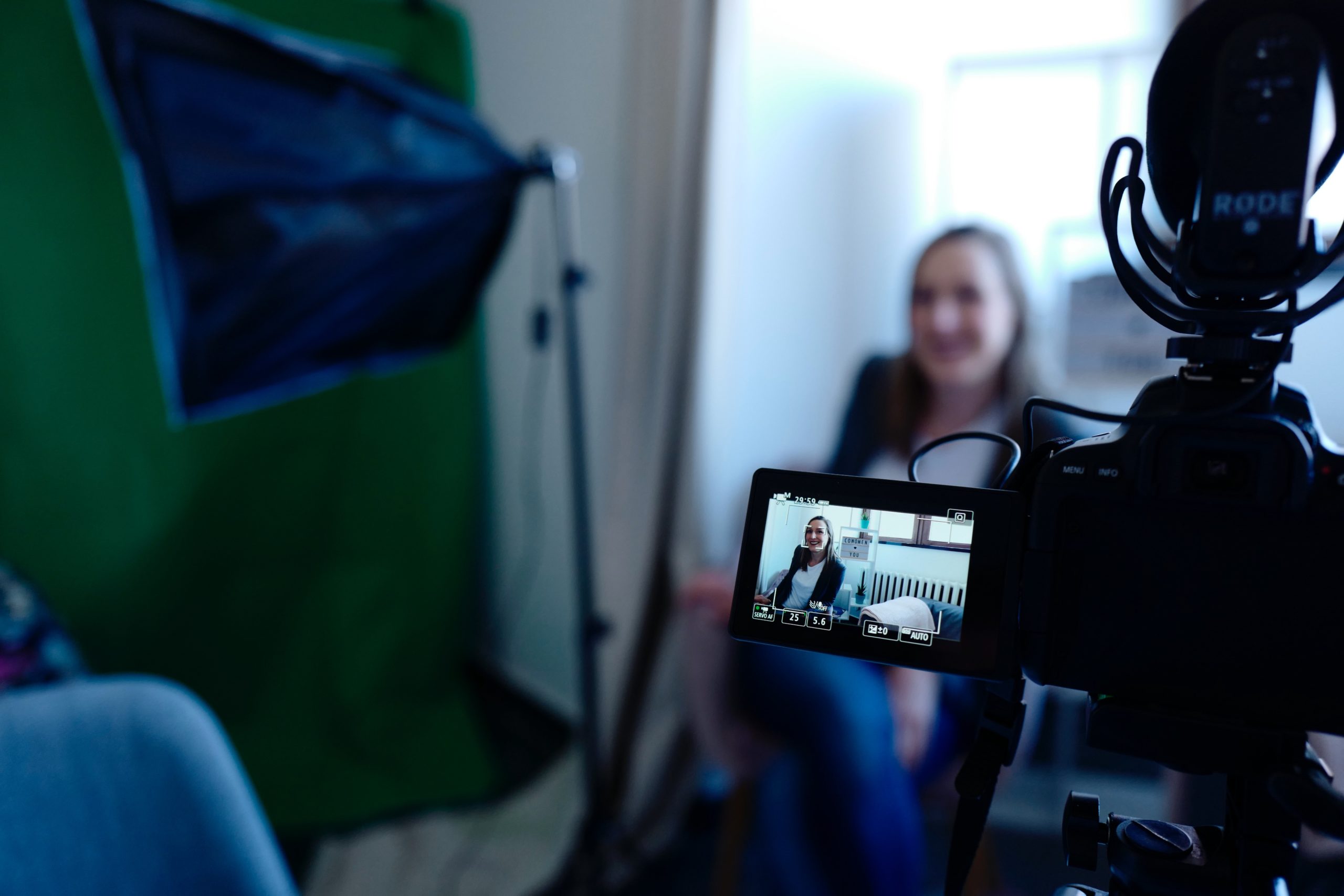Événements


Contents
Do you run a small or mid-size business and you’ve decided to try reducing your company’s climate impact, but you don’t know where to start?
We’ve been guiding businesses for close to a decade.
Based on our experience, here’s an approach that works.
1. Conduct a carbon assessment
The first step is to know where you stand: how much CO2 you’re emitting, what are your biggest sources of CO2 emissions and how you compare to your industry peers.
Numerous independent firms can help you conduct a carbon assessment. In France, be sure they carry the “Bilan Carbone®” label.
There are also a variety of online solutions that can be helpful, such as Carbo, Sweep, Sami and Greenly.
But be aware: assessing your carbon footprint can quickly become a time-consuming task.
That’s because in order to account for the CO2 emissions generated by your firm, you’ll need to understand:
- where all of the products you purchase come from and how much CO2 they emit over their lifespan,
- and how much CO2 your customers will emit in the course of buying and using your products and at the end of the product’s life.
That can quickly seem like a bottomless pit! It will require that you dig deep into your databases and retrieve information that only a few employees have. It’s tedious work.
If you’re doing it for the first time, we highly recommend that you get a real person to help you.
It’s fairly tempting to use an off-the-shelf product (for cost reasons in particular), but you’ll quickly begin to feel at sea when it comes to identifying the information you need and analysing and defining an action plan. And if that information is difficult to access, a real person will be able to tell you what information is truly important and what isn’t, to prevent you from wasting time. He or she will also help you manage the project effectively with all the stakeholders you’re going to need.
2. Share the results with your team
This second step is genuinely critical: the carbon assessment needs to be shared with everyone in the company, and even your stakeholders. First, because you undoubtedly will have had to ask a lot of people for their help in compiling the data, and it’s always rewarding for people to see they’ve been useful. But also because you’re going to need everyone’s help to take action.
3. Don’t bite off more than you can chew
If the carbon assessment was conducted properly, you’ll be presented with numerous courses of action. There are three important things to remember at this point:
- Choose only a few steps to take as a start. It’s better to do a project you can enjoy than to take on a burden you won’t want to maintain over time.
- Make a collective decision with your staff. You’re going to act as a team, so you’ll need everyone’s energy.
- In choosing which actions to take, the best criterion is desire: choose actions your employees want to carry out. That’s the best guarantee of progress. The goal at this stage is to get the process in motion for the long term.
4. Empower your employees
Suggest to your employees that they take the lead on certain projects. It may be that some employees are very intent on making a difference and pushing for change. Composting, transport, digital impact, ecodesign… every employee has different interests. Give them scope and permission to take action. You’ll discover that a lot of things can change as a result.
5. Become inspired
Look around at companies like your own and see what steps they may have chosen to take. Talk about it with them – it might prove to be rewarding. Invite them to your company to share their experience. Suggest to your employees that they seek out other examples to enhance your collective knowledge.
6. Make a commitment and tell everyone about it
If you throw your wallet over a wall, you need to find a way to get over or around the wall yourself if you want to get your wallet back. Similarly, if you announce your commitments, both outside and inside the company, you become obligated to try to meet those commitments.
In conclusion, it’s important to stay humble and curious: you need to always be discovering and learning more.
Climate isn’t a simple topic. It’s all intertwined, and it’s easy to get the feeling that you’ll never be able to untangle all the threads. If you need inspiration you can also read this uplifting account from the General Manager France at Biocodex, who tells about her light-bulb moment on climate issues.
Our other content
Article
The UN Has Awarded WeNow Triple Gold Status For The Third Consecutive Year
“I’d like to personally congratulate you on your company’s results: you’ve been awarded the triple gold label for the 3rd year running!”
Article
E-Learning Modules: To Video Or Not To Video?
At WeNow, we don’t use video. Aude explains why…
You have successfully subscribed to the WeNow newsletter!
Thank you for subscribing to our newsletter! You are now subscribed to our regular updates on our products, special offers and events. You will never miss the latest news from Wenow again. Thanks for your confidence and see you soon !
Return to site





